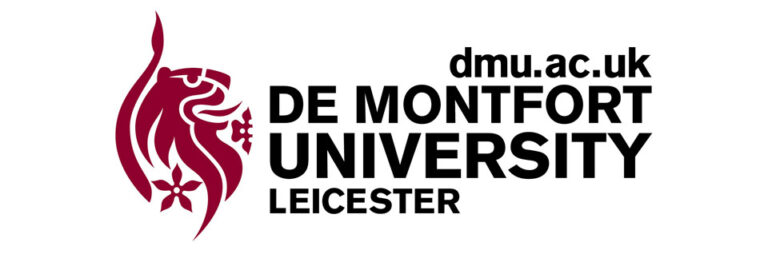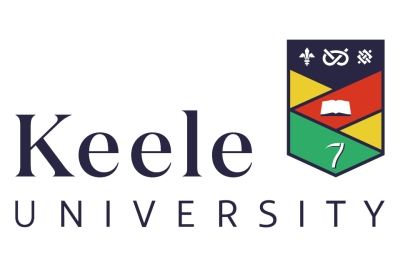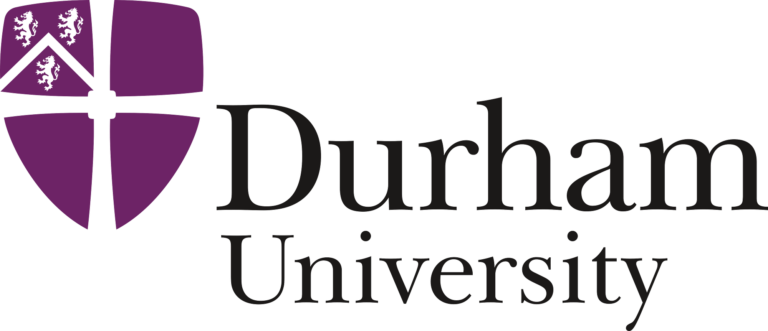USA is renowned for its exceptional safety and warm welcome to international students, making it a top choice for those seeking an enriching study experience. With a culturally diverse and inclusive society, students from all corners of the world find themselves embraced by a friendly and open-minded community. Educational institutions prioritize the well-being and success of international students, offering comprehensive support services to ease their transition. Dedicated international student support offices assist with various aspects of student life, including visa and immigration procedures, academic guidance, accommodation advice, and cultural adjustment.
Moreover, USA laws protect the rights of international students, ensuring fair treatment and a secure environment. Students also benefit from publicly funded healthcare, granting access to quality medical services during their stay. Alongside academic pursuits, numerous multicultural events and activities allow students to connect with peers from diverse backgrounds and celebrate their heritage. All these factors combined make USA a safe, welcoming, and enriching destination, fostering personal growth, cultural understanding, and global perspectives for international students.

 Study In United States of America
Study In United States of America 












